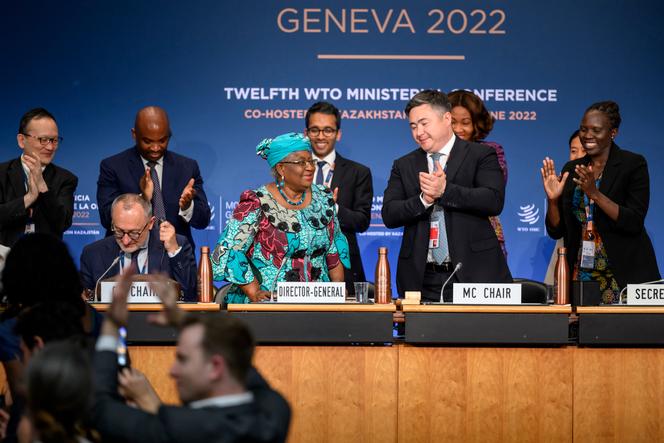The 13th Ministerial Conference (MC13) of the World Trade Organization (WTO) is currently underway in Abu Dhabi, United Arab Emirates, bringing together trade ministers and representatives from over 160 countries. Running from February 26th to 29th, the conference aims to address critical issues impacting the global trading system and chart a future course for the WTO.
One of the key themes of the conference is the ongoing debate surrounding the organization's effectiveness. While the WTO has historically facilitated trade liberalization and fostered economic growth, critics argue that it struggles to adapt to the evolving global landscape and address contemporary challenges.
Agriculture remains a contentious area, with developing nations like India, a prominent member of the G-33 coalition, advocating for continued flexibility in agricultural market opening while emphasizing the importance of food security. Additionally, discussions are ongoing concerning the need to balance trade rules with non-trade concerns, such as environmental protection and labor rights.
E-commerce, a rapidly growing sector, is also high on the agenda. Ministers are seeking to establish common ground on regulations that foster innovation and ensure fair competition in the digital sphere. Concerns regarding intellectual property rights and data privacy are also being addressed.
The conference is not solely focused on establishing new agreements but also aims to reinvigorate existing frameworks. Streamlining the dispute settlement process, a crucial function of the WTO, is a major priority. Delays and complexities in the current system have been cited as deterrents to trade and hinder efficient resolution of trade conflicts.
Beyond these specific issues, the MC13 is a crucial platform for fostering dialogue and collaboration among member states. The exchange of ideas and perspectives allows for a more comprehensive understanding of the diverse needs and priorities within the global trading system.
The conference is still ongoing, and the final outcomes remain to be seen. However, the initial discussions and pronouncements from participating nations indicate a shared commitment to strengthening the WTO and ensuring its continued relevance in the 21st century. Whether the conference will yield concrete advancements or simply reaffirm existing positions will likely become clearer in the coming days.

